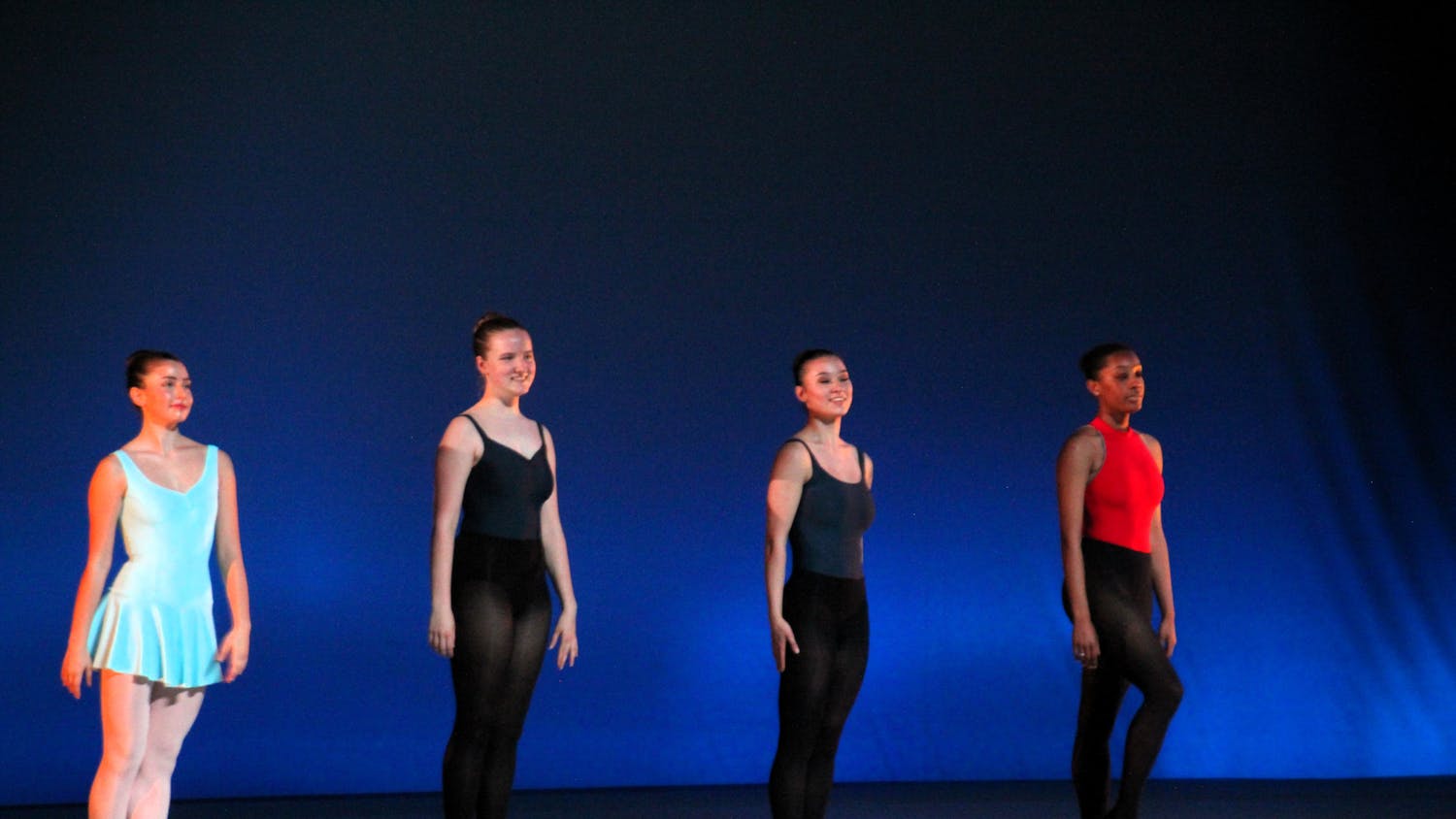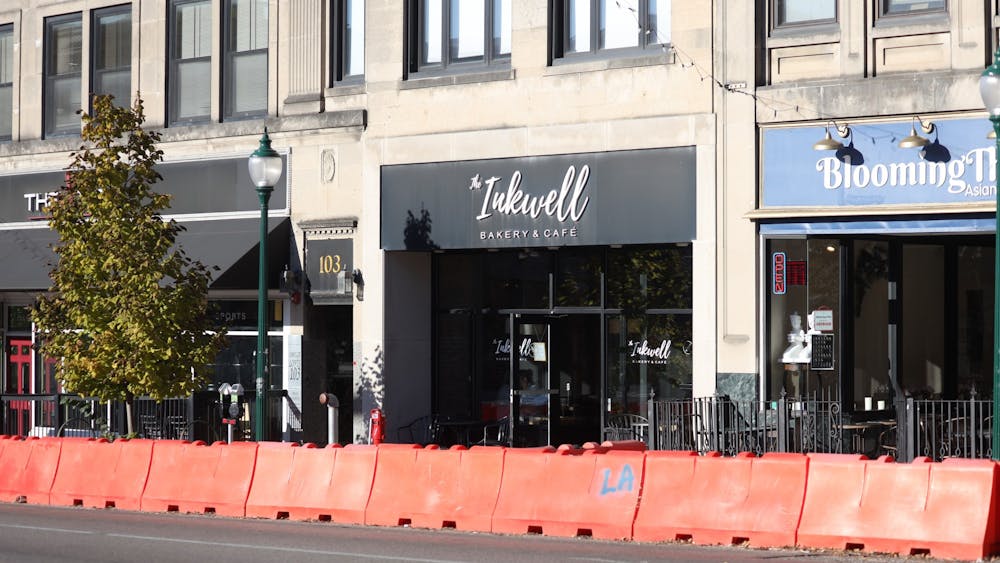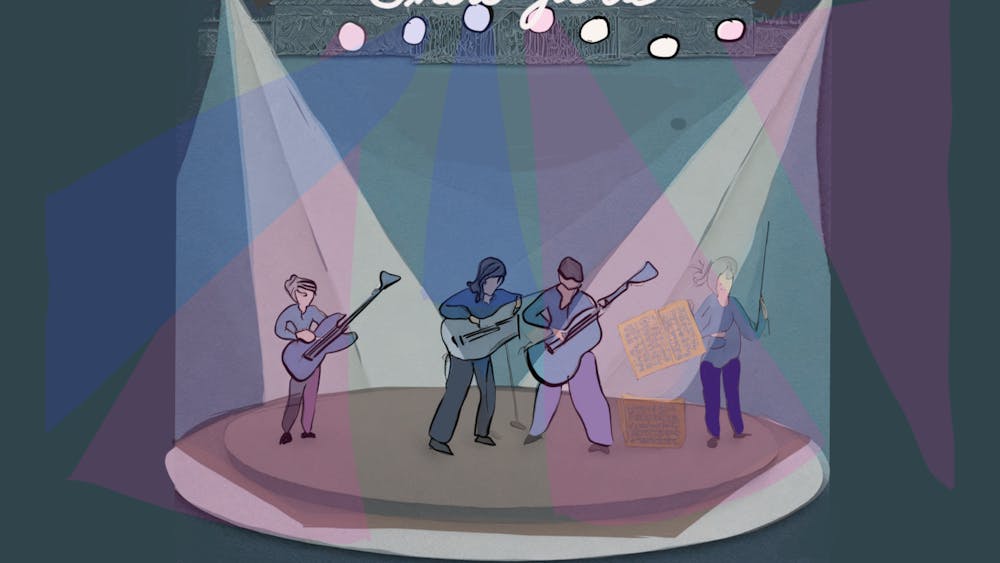For the past few semesters, I’ve taken on the daunting yet exciting task of literature courses.
Daunting because the ones I’ve taken have had at least seven full-length books to read over the course of the semester; exciting because it’s a chance for me to explore a genre of literature or subject matter I’m interested in.
If you haven’t already signed up for classes for next semester and are considering what to pursue, I would highly recommend taking one of these literature courses.
Yes, it’s a lot of responsibility, and I will be the first to admit that it’s easy to fall behind on readings when your other classes come knocking.
And, as is the case for most classes, having a good professor is half the battle.
When the perfect circumstances of a highly rated professor, interesting subject matter and availability all come together, an opportunity to learn in a valuable and different way arises.
Whether the class is solely focused on novels, memoirs, biographies or any combination of the many forms a book can take, learning from a source other than a textbook is refreshing.
Reading a story in the form of a book is something we can relate to and usually understand much better than dense text made even more unintelligible by academic language.
For example, in my Literature of the Holocaust class, the subject matter is certainly better addressed through a first-person account, such as in “Night” by Elie Wiesel or “Survival in Auschwitz” by Primo Levi.
Reading these stories about the Holocaust, which are true or based on fact, has a far greater effect emotionally and mentally than a textbook.
A class I took on “The Arabian Nights” and some recent interpretations of the work made trying to sift through the history of those ancient stories much easier and more enjoyable.
A huge, daunting compilation like “The Arabian Nights” would have scared me off if not for my professor, who was passionate and extremely well-educated on the subject.
It remains one of my favorite classes in college so far.
The discussions I’ve had in literature classes have also been memorable — when everyone did the reading, at least.
In my experience, books can provoke a stronger reaction from students than a document taken out of an academic journal, and they make us question not only our knowledge on a subject but our emotions, too.
Books also give us that personal connection which is missing from other classes.
We can identify with the characters, recall when a similar situation happened to us or sympathize with their fears.
Literature brings that human element into college classrooms, where sometimes it is desperately needed.
Next year, I won’t be able to take a literature course in English because I will be studying abroad, but I’m interested in seeing how I would fare in one in a French classroom.
Any place where culture, language and literature all come into play is somewhere I want to be.
Consider signing up for one of the many literature courses next year.
I promise it’s not too scary.
rarosens@indiana.edu @rachrosenstock





